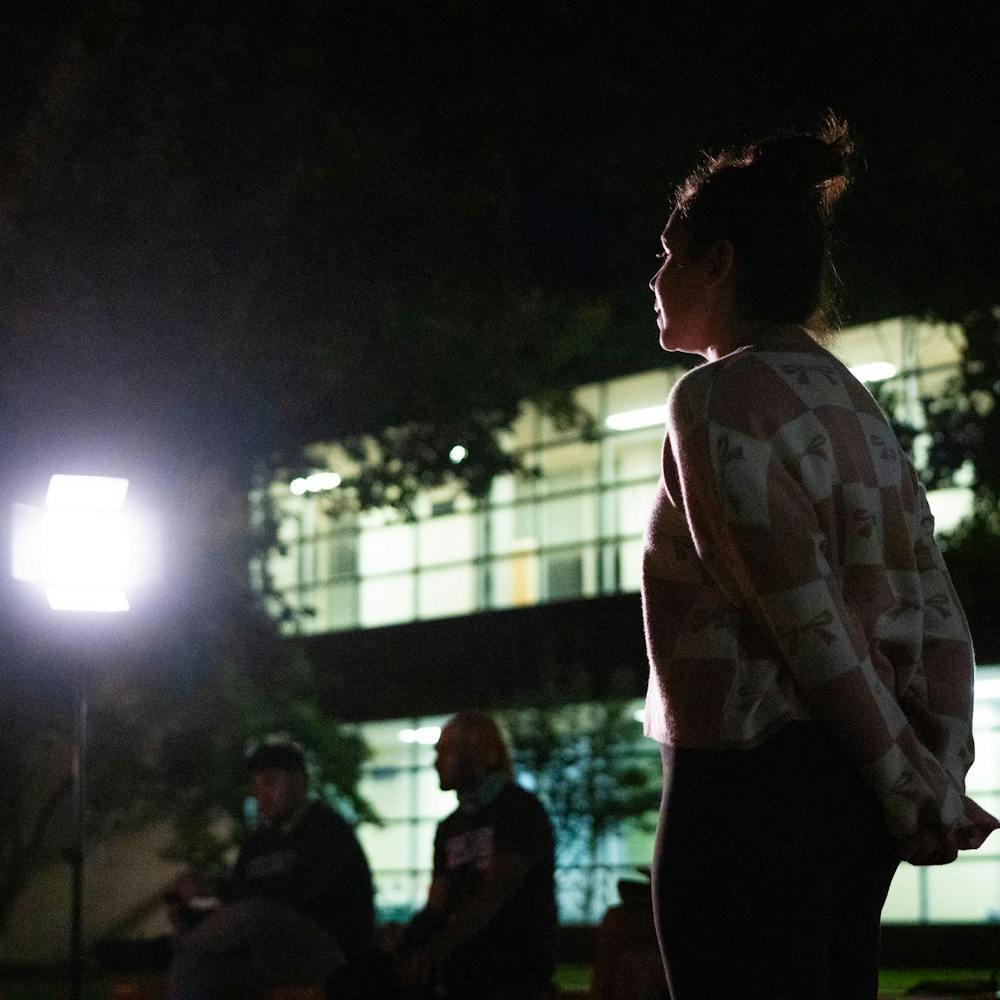On Monday, 11,000 letters will be sent to households in Wayne County, inviting them to participate in one of the largest human health studies ever.
MSU is playing a central role in an partnership of institutions across the state as the Michigan Alliance for the National Children’s Study, or MANCS, begins its work in Wayne County. It’s part of a nationwide effort that will follow more than 100,000 children and their families nationwide from pregnancy
to age 21 to research the effects of social and physical environments on children’s health.
The study sets itself apart from other research of its kind as medical professionals will go into the women’s homes during pregnancy to interview them and take environmental samples, said Nigel Paneth, an MSU distinguished professor of epidemiology and pediatrics and MANCS principal investigator.
“Other very big studies just call you up on the phone,” Paneth said. “That combination of size, the number of people, the duration and the depth is what makes this the largest human health study.” Genesee, Grand Traverse, Lenawee and Macomb counties also will participate in Michigan during the next several years.
MANCS has received $75.5 million from the National Institutes of Health and is made up of a partnership of MSU, the University of Michigan, Henry Ford Health Systems, Michigan Department of Community Health, Wayne State University and its affiliate, Children’s Hospital of Michigan.
It aims to identify risk factors for childhood diseases and health problems, such as asthma and premature birth — problems that can carry on through one’s lifetime and later into adulthood, Paneth said.
Years ago, scientists discovered that woman who took folic acid every day reduced the chances of having children with birth defects by 70 to 80 percent, he said. Since then, folic acid has been added to flour to ensure women are getting the essential nutrient, Paneth said.
“There could be others like that,” he said. “We have to do this kind of difficult research to get to it.”
The study also will have the ability to examine how the genetic makeup of children and their environments interact with each other, something that has not been studied in depth before, said Daniel Keating, a professor of psychology at the University of Michigan who is involved with the study.
For disorders such as autism, this has the potential to discover what sorts of risk factors make it more or less prevalent in certain situations, he said.
“It will lead to a much more targeted and effective approach to health problems,” Keating said.
The alliance also highlights the importance of partnerships between research institutes and the public health sector, said Violanda Grigorescu, division director of genomics, perinatal health and chronic disease epidemiology for the Michigan Department of Community Health.
Recently, life expectancy has decreased in the U.S., which might be a result of children’s health problems, she said.
“Public health overall is about prevention,” Grigorescu said.
A community engagement corps from Henry Ford Health Systems has been meeting with men and women from across Wayne County to connect with potential participants and make sure they feel positively about the study before taking part, said Christine Joseph, an epidemiologist at Henry Ford.
Paneth said enrolling enough women in the study will be a challenge since they have to be selected from a select, diverse sample, but results from the study could change educational, public, social and clinical policy. Adjunct studies also likely will be
completed once data about risk factors is identified, he said.
“This is really about the next generation of children,” Paneth said. “If it’s not your children, it’s your grandchildren.”
Support student media!
Please consider donating to The State News and help fund the future of journalism.
Discussion
Share and discuss “Nationwide children’s health study begins ” on social media.






